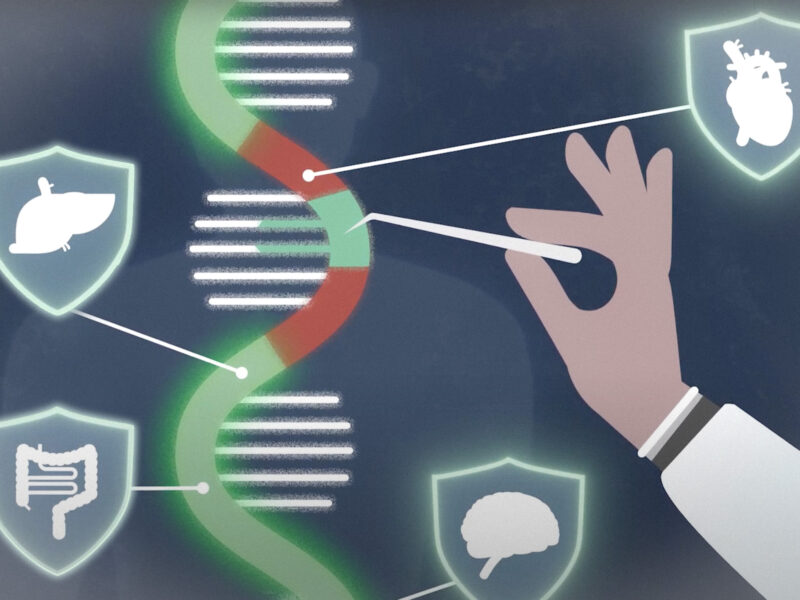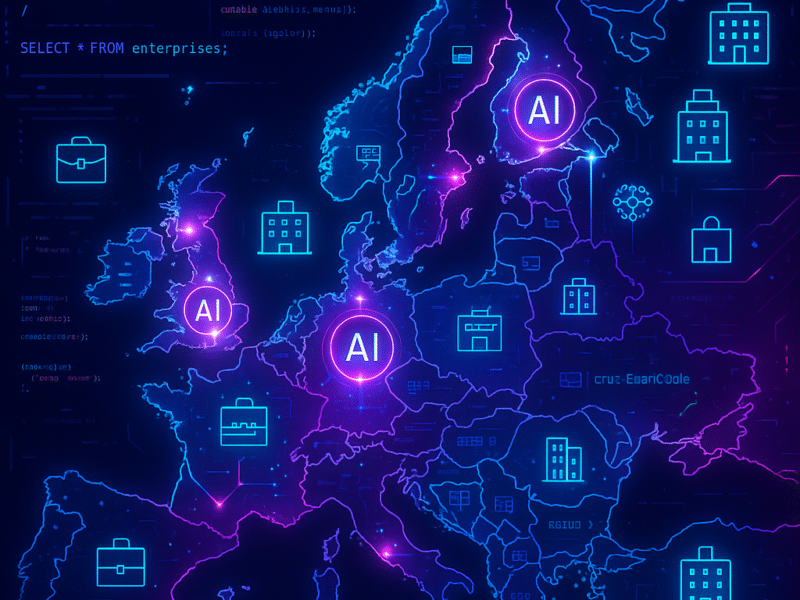As Model Context Protocol evolves into the “USB-C port for AI applications,” connecting AI agents to the world’s tools and data, these authoritative blogs and websites are essential for anyone aiming to leverage MCP for enterprise integration, development, or research. Here’s a list of the top MCP resources you need to follow in 2025 (LIVE):
1. Anthropic’s Official MCP Site
- Why Visit: The definitive source for MCP — directly from its creators. This hub includes the protocol specification, quickstarts, conceptual overviews, and real-world integration guides. Anthropic coined the “USB-C for AI” metaphor, helping clarify MCP’s role in replacing fragmented APIs with a single universal standard.
- Features:
- Protocol documentation, reference implementation, and server/client examples.
- Guidance for integrating with LLMs (e.g. Claude) and enterprise workflows.
- Concepts for building agentic applications using MCP.
- Who It’s For: Developers, architects, and anyone building MCP-connected tools, servers, or AI products.
2. GitHub – wong2/awesome-mcp-servers
- Why Visit: The most comprehensive, community-driven directory of MCP servers, use cases, and open-source projects. Maintained by ChatHub and contributors, this repo catalogs officially supported, reference, and experimental MCP servers for nearly every API, database, cloud, and SaaS integration imaginable.
- Features:
- Curated, regularly-updated listing of MCP servers with descriptions and direct links.
- Highlights reference servers for prototyping, secure file operations, web content extraction, financial integrations, and more.
- A valuable launchpad for finding implementation details and real-world MCP server code.
- Who It’s For: Builders seeking real MCP server examples or looking to connect their own tools to the ecosystem.
3. MarkTechPost — MCP Category
- Why Visit: MarkTechPost delivers deep technical dives, FAQs, case studies, and news coverage on MCP’s adoption, architecture, and enterprise use. Their dedicated MCP section is a must-read for anyone trying to stay up-to-date on protocol evolution, best practices, and industry integration.
- Key Articles:
- “Model Context Protocol (MCP) FAQs: Everything You Need to Know in 2025”
- “Model Context Protocol (MCP) for Enterprises: Secure Integration with AWS, Azure, and Google Cloud — 2025 Update”
- “Key Factors That Drive Successful MCP Implementation and Adoption”
- Who It’s For: Technical leaders, enterprise architects, CTOs planning MCP-based solutions.
4. Cloudflare Blog — MCP Guides and Announcements
- Why Visit: Cloudflare is a leader in making MCP servers easy to deploy and scale globally. Their blog educates on how to host remote MCP servers, enable OAuth authentication, and build agentic AI workflows with minimal operational overhead.
- Features:
- Tutorials for deploying and securing MCP servers with OAuth on Cloudflare Workers.
- Insightful commentary from industry experts on how MCP “translates” between AI and the broader digital landscape.
- Updates on new tools for MCP server management and remote hosting.
- Who It’s For: DevOps teams, AI product managers, organizations using Cloudflare as their platform for agent-based apps.
5. AWS Machine Learning Blog — MCP & AI Integration
- Why Visit: AWS’ ML blog demonstrates how MCP is transforming the cloud AI landscape. Detailed walkthroughs show how to extend large language models (LLMs) with AWS-powered MCP servers for automation, contextual intelligence, and workflow integration.
- Features:
- Examples connecting MCP clients with AWS docs, APIs, and custom tools.
- Technical guides for architecting AI agents using MCP with Amazon SageMaker, Bedrock, and other AWS services.
- Workflow automation and security best practices for enterprise cloud AI.
- Who It’s For: Cloud developers, ML engineers, solutions architects working on AWS-based AI.
- Why Visit: The heartbeat of MCP’s user and developer community. This subreddit offers:
- Who It’s For: Builders, integrators, newcomers, and researchers seeking unfiltered, peer-to-peer knowledge and the latest grassroots trends.

